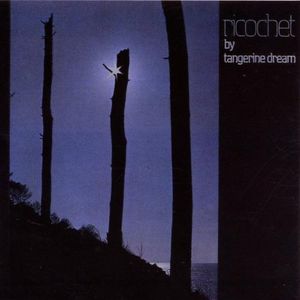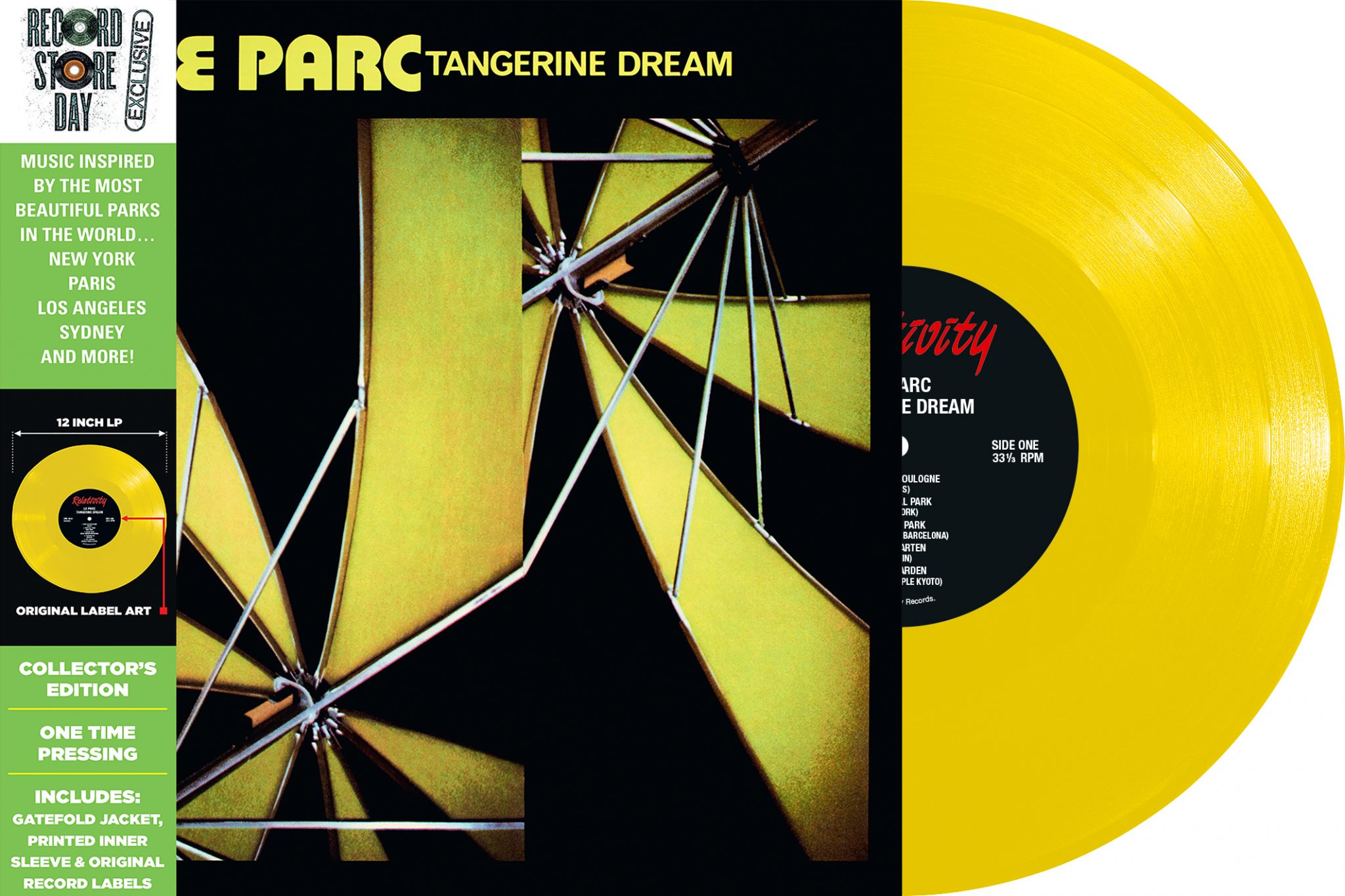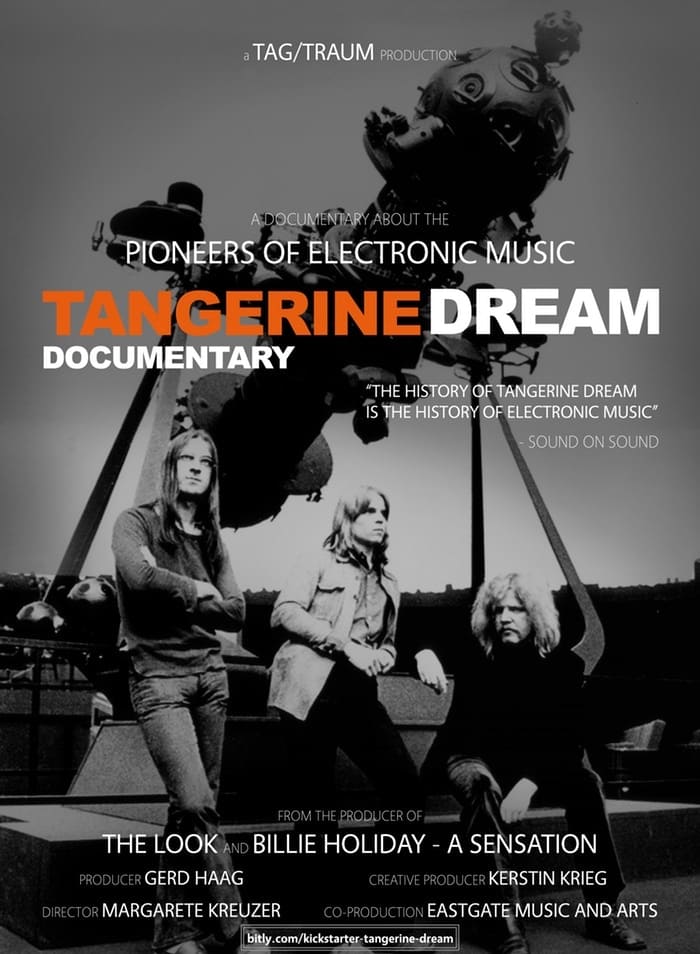


Atem, released in 1973, finally gained Tangerine Dream widespread attention outside Europe influential British DJ John Peel named it his LP of the year, and the group signed a five-year contract with Richard Branson's Virgin Records. On 1971's Alpha Centauri and the following year's Zeit, the trio's increased use of synthesizers and a growing affinity for space music resulted in albums that pushed the margin of the style. The trio of Froese, Franke, and Baumann would continue until Baumann's departure in 1977, and even then, Froese and Franke would compose the spine of the group for an additional decade. When Schroeder left a year later, Tangerine Dream gained its most stable lineup core when organist Peter Baumann joined the fold. The LP was a playground for obtuse music-making - keyboards, several standard instruments, and a variety of household objects were recorded and filtered through several effects processors, creating a sparse, experimentalist atmosphere.īoth Schulze and Schnitzler left for solo careers later in 1970, and Froese replaced them the following year with drummer Christopher Franke and organist Steve Schroeder. One of the trio's early rehearsals, not originally intended for release, became the first Tangerine Dream LP when Germany's Ohr Records issued Electronic Meditation in June 1970. The lineup lasted only two years, and by 1969 Froese had recruited wind player Conrad Schnitzler and drummer Klaus Schulze. The quintet aligned itself with contemporary American acid rock ( the Grateful Dead, Jefferson Airplane), and played around Berlin at various student events.

The first lineup of Tangerine Dream formed later that year, with Froese on guitar, bassist Kurt Herkenberg, drummer Lanse Hapshash, flutist Volker Hombach, and vocalist Charlie Prince. He organized multimedia events at the residence of Salvador Dali in Spain during the mid-'60s and began to entertain the notion of combining his artistic and literary influences with music Froese played in a musical combo called the Ones, which recorded just one single before dissolving in 1967. Instead, he looked to the Dadaist and Surrealist art movements for inspiration, as well as literary figures such as Gertrude Stein, Henry Miller, and Walt Whitman. Following the addition of Paul Frick as a full-time member, TD released the album Raum in 2022.įroese, born in Tilsit, East Prussia, in 1944, wasn't much influenced by music while growing up. Froese passed away in 2015, but a trio lineup (including notable electronic musician Ulrich Schnauss) continued to record and perform, remaining true to Froese's vision with the 2017 full-length Quantum Gate. During the 21st century, TD gradually drifted back toward the sequencer-driven sound they had pioneered during the '70s. During the '90s, albums such as 1995's Tyranny of Beauty moved closer to the forms of dance music that Tangerine Dream had heavily influenced. Subsequent albums such as 1985's Le Parc and 1988's Optical Race incorporated digital instrumentation, as well as shorter, more pop-oriented compositions than their earlier epics. They became prolific film composers, most notably scoring the 1983 blockbuster Risky Business. They pioneered the use of sequencers with classic albums like 1974's Phaedra and 1975's Rubycon, which proved to be commercially successful. Founded as a psychedelic rock group in 1967 by Edgar Froese, the group was initially associated with the Krautrock scene through early abstract albums like 1970's Electronic Meditation and 1972's Zeit. Their music has made an immeasurable impact on ambient, new age, techno, trance, and progressive rock, as well as modern film score composition. Tangerine Dream are unquestionably one of the most influential electronic groups of all time.


 0 kommentar(er)
0 kommentar(er)
